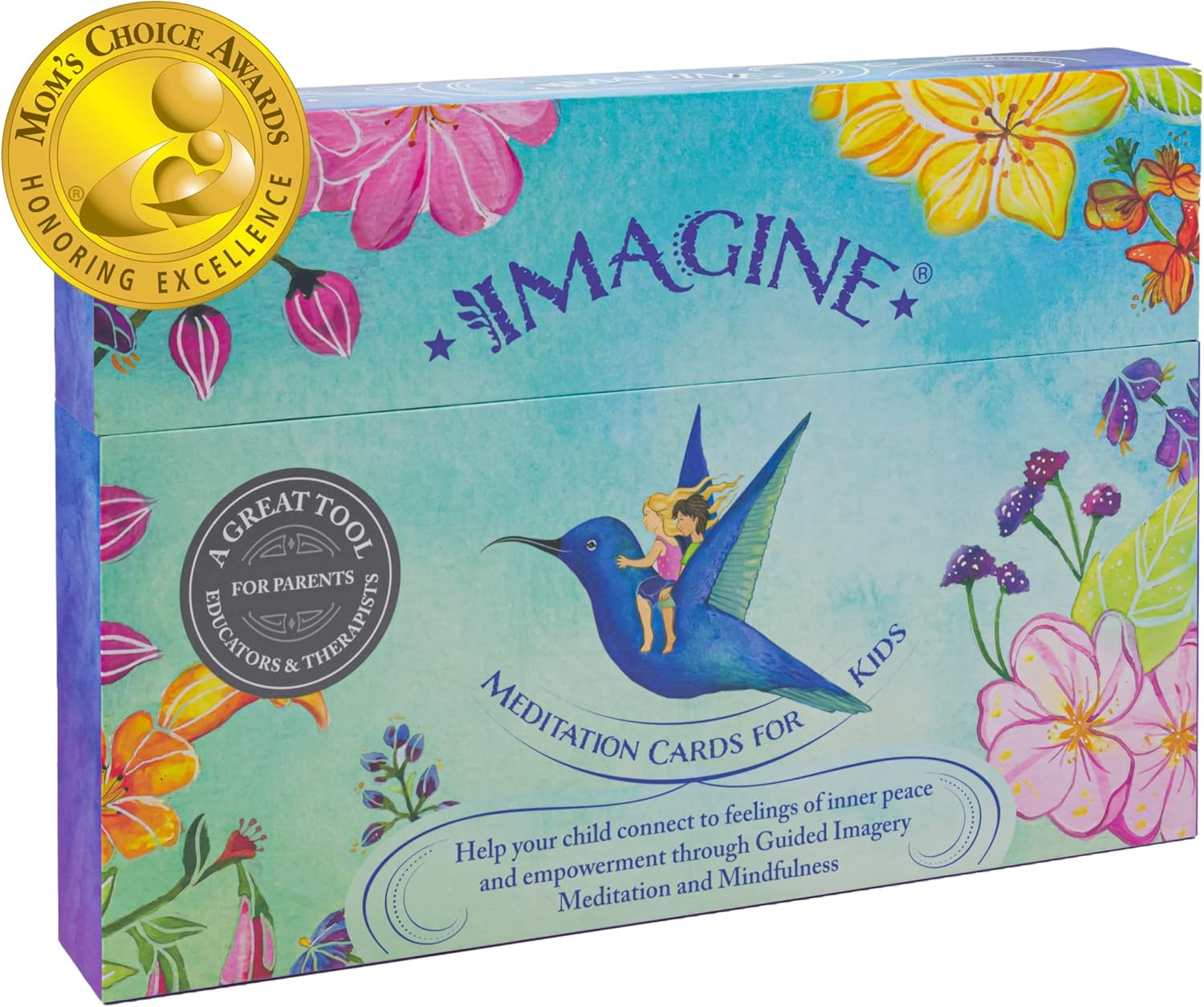Inner peace is a concept that has been around for centuries, but it’s only recently that it has become a focus of discussion in the mental health community. Achieving inner peace can be a difficult process, but it is essential for holistic well-being. This blog post will explore what inner peace is and how it can be achieved, as well as why it is important for holistic well-being.
Table of Contents
What Is Inner Peace?
Inner peace is a state of mental and emotional calmness, a sense of serenity, and contentment that comes from within. It is a feeling of being at ease, of acceptance and understanding of oneself and one’s surroundings. Inner peace is both a state of being and an ongoing process. It is an ongoing practice of cultivating acceptance, mindfulness, and kindness.
At its core, inner peace is about finding balance within ourselves. It's about recognizing our own limitations and accepting them without judgment or criticism. When we achieve this kind of self-acceptance, we're able to let go of stress, anxiety, and worry.
Many people believe that inner peace is something that can only be achieved through meditation or other spiritual practices. While these can certainly be helpful tools on the journey towards inner peace, they are not the only way to find it. Inner peace can be cultivated through simple daily actions like taking a walk in nature or practicing gratitude for what we have in our lives.
Why Inner Peace Is Important
Inner peace is an essential part of holistic well-being. It's not just a buzzword or a fleeting trend - it's something that we all need in order to lead healthy, fulfilling lives. But what exactly is inner peace? Simply put, it's a state of mind where you feel calm, centered, and connected to yourself and the world around you. When you have inner peace, you're able to handle the ups and downs of life with grace and ease.
So why is inner peace so important? For starters, it can help reduce stress and anxiety levels. When you're feeling overwhelmed or anxious about something, taking a few moments to focus on your breath or meditate can be incredibly grounding. Inner peace can also improve your relationships with others - when you're more centered and peaceful within yourself, it becomes easier to communicate clearly and empathize with others.
Here are some of the reasons why inner peace is important:
1. Reduces Stress and Anxiety
Inner peace is a state of mind that everyone should strive to achieve in their lives. It's not just about being calm and collected, but it also has significant benefits for your physical and mental well-being. When you're at peace with yourself, you feel less stressed and anxious. This is because you're not constantly worrying about the future or dwelling on past mistakes.
Stress is a normal part of life, but when it becomes chronic, it can have serious consequences on your health. Anxiety can also be debilitating if left unchecked. It can make us feel overwhelmed and prevent us from living our lives to the fullest. Chronic stress and anxiety can lead to high blood pressure, heart disease, and other illnesses. One way to combat this is by cultivating inner peace through activities such as meditation or yoga. These practices help us focus our minds on the present moment and let go of worries about the future.
2. Improves Relationships
Achieving inner peace is not just important for our personal well-being, it also has a positive impact on our relationships with others. When we are at peace with ourselves, we are better able to communicate and connect with those around us. Inner peace allows us to approach our relationships with more patience, understanding, and empathy.
When we are stressed or anxious, it can be challenging to maintain healthy relationships. We may be quick to react or lash out at those closest to us without even realizing it. However, when we take the time to work on achieving inner peace through meditation or mindfulness practices, we become more self-aware and better equipped to handle difficult situations that arise in our relationships.
Inner peace also helps us cultivate genuine compassion and kindness towards others. When we feel calm and centered within ourselves, it becomes easier to see things from other people's perspectives.
3. Increases Productivity
Have you ever had a day when everything seems to be going wrong? You're struggling to focus, and you feel like the world is closing in around you. On days like this, it's hard to get anything done, let alone be productive. That's why inner peace is so important – because it increases productivity.
When we are at peace with ourselves and our surroundings, we can think more clearly and make better decisions. We are less likely to get distracted by negative thoughts or outside influences. Instead, we can channel our energy into the task at hand and achieve more in less time.
But how do we cultivate inner peace? There are many ways, but one of the most effective is through mindfulness meditation. This practice involves focusing your attention on the present moment without judgment or distraction. By doing so, you can become more aware of your thoughts and emotions and learn to manage them better.
4. Increases Enjoyment of Life
Inner peace is something that everyone strives for, but few of us seem to find. However, the benefits of attaining inner peace are numerous and far-reaching. Perhaps one of the most significant advantages is that it increases enjoyment of life in countless ways.
For starters, when we experience inner peace, we feel a greater sense of contentment and satisfaction with our lives. We are less likely to be consumed by stress and anxiety and more apt to appreciate all the good things around us. This leads to an overall increase in happiness and well-being, which can have a profound impact on our relationships, work life, and personal growth.
Furthermore, inner peace allows us to live in the present moment more fully. Instead of constantly worrying about past mistakes or future uncertainties, we can focus on enjoying the here and now.
How to Achieve Inner Peace
Achieving inner peace can be a difficult process, but it is an essential part of holistic well-being. Here are some tips for how to achieve inner peace:
1. Practice Mindfulness
In today's busy world, it can be difficult to find inner peace. We often feel overwhelmed and stressed, with our minds racing a mile a minute. However, practicing mindfulness can help us achieve the calm and clarity we seek.
Mindfulness is the practice of being fully present in the moment, paying attention to our thoughts and feelings without judgment or distraction. By focusing on the present moment instead of worrying about the past or future, we can quiet our minds and find inner peace.
To practice mindfulness, start by finding a quiet place where you won't be interrupted. Sit comfortably with your eyes closed and focus on your breath. Pay attention to how it feels as you inhale and exhale, letting go of any thoughts or distractions that arise. You may find that your mind wanders at first – this is normal!
2. Connect with Nature
Studies by the University of Minnesota have shown that spending time in nature can reduce stress levels, improve mood, and even boost immunity. Here are some tips on how to achieve inner peace by connecting with nature.
Make it a priority to spend time outdoors every day and engage all of your senses when you're outside.. This could be as simple as taking a walk around your neighborhood or sitting in a park during lunch break. You don't need to go on a long hike or camping trip (although those activities certainly have their benefits). The key is to incorporate nature into your daily routine.
3. Meditate
Meditation has been around for centuries, and its benefits are well-documented. It's a practice that can help you achieve inner peace by calming your mind, reducing stress, and improving your overall wellbeing. It is easy and free to get started with meditation.
Just find a quiet place where you won't be disturbed for the duration of your meditation session which could be as short as 5 minutes. Sit comfortably and close your eyes. Take deep breaths in focus on your breathing. Nothing else.
If you find your thought wandering, just bring your attention back to your breathing. If you do this consistently, it will become easier and you will experience the benefits almost immediately.
4. Practice Self-Care
Self-care is an essential part of achieving inner peace and practicing self-care is a powerful way to achieve that sense of calm and tranquility that we all yearn for. Taking time to do the things you enjoy and engage in activities that make you feel good, such as taking a hot bath, reading a book, or spending time with friends, going for a walk or watching a movie, can help to reduce stress and increase feelings of contentment.
Another important aspect of self-care is nourishing your body with healthy food and staying hydrated. We often underestimate how much our diet affects our mood and overall wellbeing. Taking in too much sugar or caffeine can make you feel agitated. Just observe how your diet affects your sense of well-being and adjust it accordingly.
5. Get Enough Sleep
Sleep plays an important role in achieving inner peace. Getting enough sleep can help to reduce stress and increase productivity, which can help to foster a sense of inner peace.
Many of us are guilty of sacrificing rest for work or leisure activities, but this can have serious consequences for our mental wellbeing. Not only do we feel less able to cope with stress and negative emotions when we're sleep deprived, but long-term lack of sleep has been linked to depression, anxiety disorders and other mental health issues.
It's important to prioritize rest as a non-negotiable part of your daily routine. Set yourself a regular bedtime and stick to it as closely as possible - even on weekends. Make sure your sleeping environment is quiet, dark and cool, and invest in comfortable bedding if necessary. Avoid using electronic devices in the hour before bed as these emit blue light which can disrupt your body clock.
Inner peace is an essential part of holistic well-being. Achieving inner peace can be a difficult process, but it is an essential part of living a healthy, balanced life. This blog post has explored what inner peace is and how it can be achieved, as well as why it is important for holistic well-being.
Recommended Products
Ad



